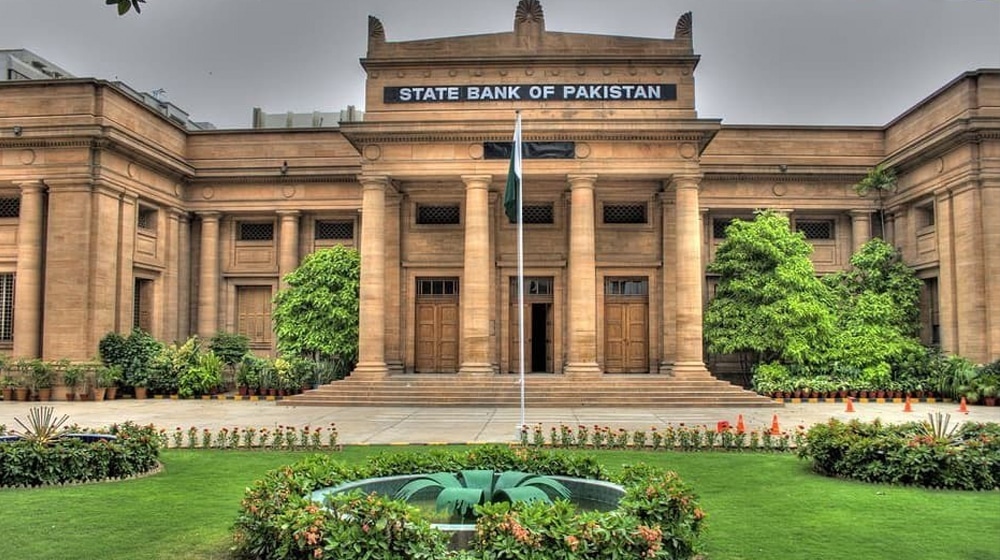Singapore's Elite Finance Clubs: A Pressure Cooker for Aspiring Bankers

Singapore's reputation as a global financial hub attracts ambitious students from around the world, all vying for coveted positions in the city-state’s prestigious banking sector. A key battleground in this competition? The exclusive finance clubs that operate within the nation's universities. These clubs are renowned for their fierce selectivity – a mere 10% of applicants gain entry – and the intense pressure cooker environment they cultivate.
The Pursuit of Prestige and Banking Careers
For many students, membership in these clubs isn't just about networking; it's a strategic investment in their future careers. The clubs offer a unique platform to hone their financial acumen, participate in case competitions, and build connections with industry professionals – all crucial differentiators when competing for limited banking jobs. The stakes are incredibly high; landing a role at a top investment bank or asset management firm is a dream for many, and these clubs are seen as a vital stepping stone.
Inside the Clubs: Rigor, Competition, and Stress
Don't expect leisurely discussions and casual networking events. Singapore's finance clubs are known for their rigorous training programs, demanding schedules, and cutthroat internal competition. Members often spend countless hours analyzing financial statements, debating investment strategies, and preparing for mock interviews. The pressure to perform is relentless, with senior members often pushing juniors to their limits. While some thrive in this environment, others struggle to cope with the constant stress and long hours.
A Selective Process: More Than Just Grades
Gaining entry into these clubs is a feat in itself. While strong academic performance is a prerequisite, it's far from the only factor. Clubs look for students who demonstrate exceptional leadership potential, a genuine passion for finance, and a proven track record of success in extracurricular activities. The selection process often involves multiple rounds of interviews, case study presentations, and networking events, designed to weed out all but the most determined and capable candidates.
Beyond the Elite: Are These Clubs Necessary?
The dominance of these exclusive clubs raises questions about accessibility and equity. Do they create an uneven playing field, giving an advantage to students from privileged backgrounds? While the clubs undoubtedly offer valuable opportunities, critics argue that universities should do more to provide broader access to financial education and career guidance for all students. Furthermore, the intense pressure within these clubs can take a toll on students' mental health, highlighting the need for greater support and a more balanced approach to career development.
The Future of Finance Clubs in Singapore
Despite the challenges, Singapore's finance clubs are likely to remain influential players in the nation's financial ecosystem. As the industry evolves, these clubs will need to adapt, ensuring they remain relevant and inclusive. Focusing on mentorship, fostering a supportive environment, and expanding outreach programs could help broaden their impact and ensure that aspiring bankers from all backgrounds have the opportunity to succeed. The future success of Singapore's financial sector may depend on it.






